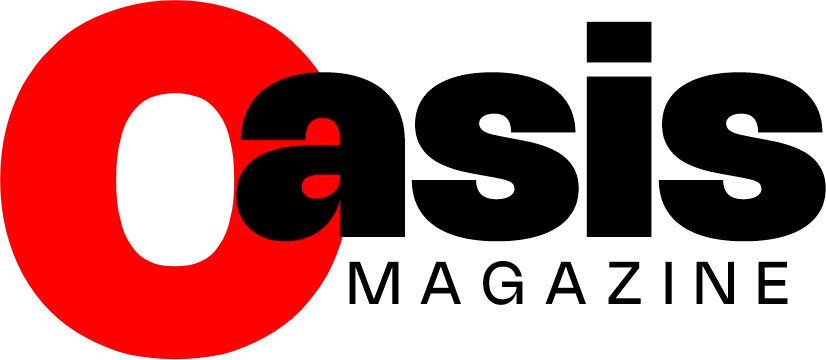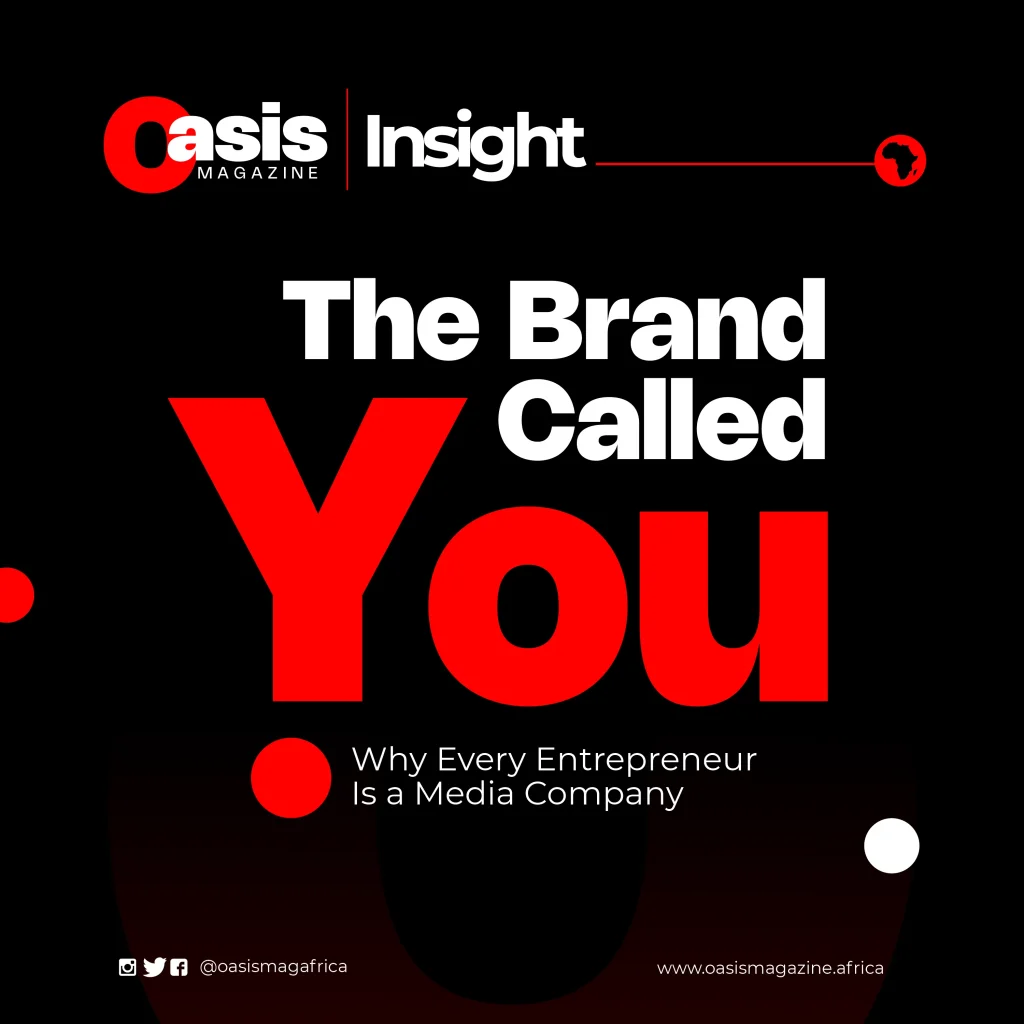Why true wealth begins when you stop trading time for money—and start building assets that outlive you
Executive Summary: The Great Unbundling of Work and Worth
For generations, the path to security was clear: get a degree, land a job, climb the ladder, retire with a pension. But that contract has been voided. In 2025, salaries no longer build wealth—they merely sustain consumption.
The new wealth architects—particularly across Africa’s dynamic economies—are rejecting the employee mindset altogether. They understand a fundamental truth: income is temporary; ownership is eternal.
This feature explores the ownership mindset: a cognitive and strategic shift from earning a paycheck to building systems, intellectual property, equity, and legacy. It’s not about quitting your job tomorrow—it’s about rewiring how you see value, time, and contribution.
Through the journeys of African founders who transformed professional expertise into empires, we reveal how anyone can begin the journey from employee to owner—and why this shift is the single greatest determinant of generational wealth.
“A salary pays your bills. Ownership builds your future.”
— Ibukun Awosika
The Salary Illusion: Why Work ≠ Wealth
The modern employee is trapped in a time-for-money loop:
- Limited upside: Your income caps at your role’s pay band.
- Zero residual value: When you stop working, income stops.
- No equity: You help build a company’s value—but own none of it.
Even six-figure earners in Lagos, Nairobi, or Johannesburg often remain asset-poor, with little to pass on beyond savings accounts and depreciating cars.
As Nigerian economist Yemi Kale notes: “Africa’s middle class is educated, employed, and still economically fragile—because they confuse income with net worth.”
True wealth isn’t measured in monthly deposits. It’s measured in assets that compound while you sleep.
The Ownership Mindset: Four Foundational Shifts
1. From “My Job” to “My Platform”
Employee Thinking: “I’m a marketing manager at a bank.”
Owner Thinking: “My expertise in financial marketing is a scalable asset—I can productize it as a consultancy, SaaS tool, or training program.”
→ Case Study: Tosin Eniolorunda spent years in banking before realizing his real value wasn’t his title—it was his deep understanding of Nigerian financial behavior. He left to build TeamApt, which became Moniepoint, now Africa’s largest agent banking network (valued at $2B+).
2. From Saving to Acquiring
Employee Thinking: “I’ll save 20% of my salary for a house.”
Owner Thinking: “I’ll deploy capital into income-generating assets—IP, equity, real estate, or businesses—that appreciate and pay me.”
→ Case Study: Linda Ikeji, once a salaried blogger, didn’t just monetize content—she built Linda Ikeji TV, a media empire with owned studios, talent contracts, and ad tech. Her net worth isn’t from ads—it’s from owning the stack.
3. From Loyalty to Leverage
Employee Thinking: “If I work hard, the company will reward me.”
Owner Thinking: “My skills are valuable everywhere—I’ll use my current role to build networks, credibility, and insights to launch my own venture.”
→ Case Study: Jason Njoku worked in corporate London before returning to Nigeria. He used his savings not for a car, but to digitize Nollywood films—launching iROKOtv, the “Netflix of Africa,” while retaining full IP ownership.
4. From Retirement to Legacy
Employee Thinking: “I’ll work until 60, then live off my pension.”
Owner Thinking: “I’m building something that outlives me—whether a brand, a foundation, or a family enterprise.”
→ Case Study: Tony Elumelu didn’t just retire from banking. He launched the Tony Elumelu Foundation, turning his success into a $100M engine for 20,000+ African entrepreneurs—a legacy that compounds daily.
The African Advantage: Why the Continent Is a Crucible for Ownership
Africa’s structural realities—limited social safety nets, volatile currencies, and informal economies—have long forced creativity. But today, they’re accelerating the ownership shift:
- Digital leapfrogging: A Lagos teacher can launch a global edtech course on WhatsApp.
- Community capital: Chamas (savings groups) and diaspora networks provide early-stage funding without VC gatekeeping.
- Cultural IP: From Adire textiles to Afrobeats rhythms, African creators are monetizing heritage as proprietary assets.
As Ghanaian founder Kwame Aboagye says: “In the West, you inherit wealth. In Africa, you invent it.”
The Ownership Toolkit: How to Begin (Even While Employed)
You don’t need to quit to start. The ownership mindset is a practice, not a status:
| Step | Action |
|---|---|
| Audit Your Assets | List your skills, networks, content, and ideas—not just your savings. |
| Productize One Skill | Turn expertise into a course, template, or micro-SaaS (e.g., Canva for HR). |
| Own Your Audience | Build an email list or community—not just social followers. |
| Reinvest First 10% | Allocate 10% of income to acquire income-generating assets, not just save. |
| Think in Equity | In every project, ask: “How can I retain ownership of the output?” |
“Your job is your R&D lab. Your side hustle is your prototype. Your empire starts in the margins.”
The Global Relevance: Ownership in the Age of AI
As AI automates tasks, human value shifts from execution to ownership:
- Who owns the data?
- Who controls the IP?
- Who sets the vision?
The future belongs not to the most productive employees, but to the most strategic owners—those who design systems others operate within.
Africa’s journey from employee to empire is a blueprint for a world where autonomy, creativity, and ownership are the new job security.
Insight: Your Time Is Finite. Your Legacy Isn’t.
The employee mindset asks: “How much can I earn?”
The ownership mindset asks: “What can I build that lasts?”
In a continent where 60% of the population is under 25, the greatest opportunity isn’t landing a job—it’s creating the next institution.
You don’t need permission. You don’t need millions. You need one asset you own, one system that scales, and the courage to shift your identity—from worker to builder.
Because in the end, wealth isn’t what you make. It’s what you own. And what you leave behind.
“Don’t die with a salary. Die with a story—and a stack of assets that keep telling it.”
Sidebar: The Ownership Mindset Index – 2025
Oasis Intelligence survey of 1,000 African professionals
| Mindset Trait | Employees | Founders | Wealth Impact (5-Year Net Worth) |
|---|---|---|---|
| Owns income-generating asset | 12% | 89% | +4.3x |
| Reinvests >15% of income | 9% | 76% | +3.8x |
| Measures success by legacy | 7% | 82% | +5.1x |
Note: “Assets” include IP, equity, rental property, digital products, and business ownership.


